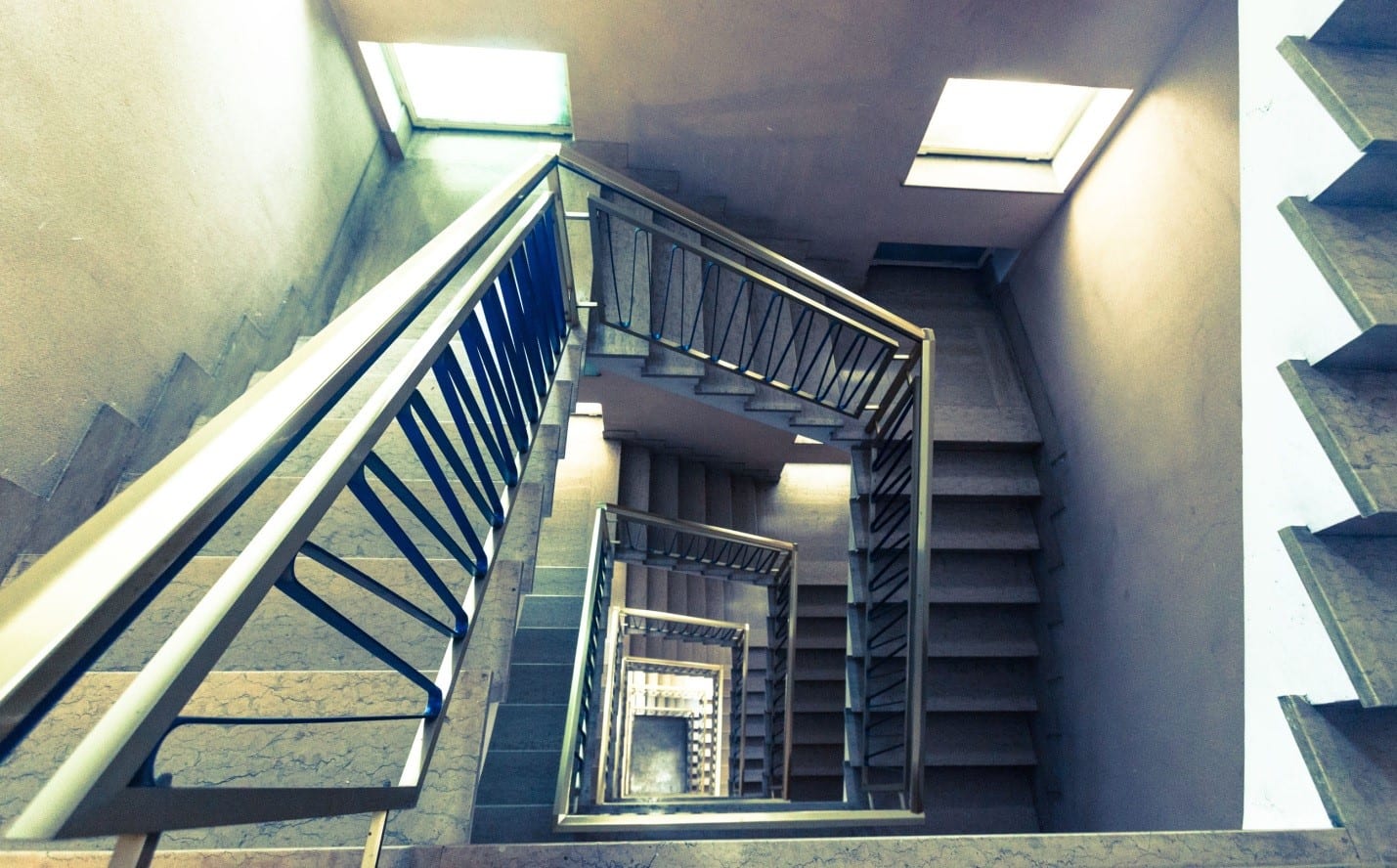Ask residents for a list of dangers to watch out for in North Carolina, and you might here answers like “drunk drivers,” “hurricanes,” and “crime.”
“Unsafe apartment premises” is unlikely to make the list, but hazardous conditions in North Carolina apartments, townhouses, and rented homes cause thousands of accidents and injuries every year. Dangerous weather conditions, aging, and landlord or building owner negligence may all contribute to the creation of an unsafe environment on a rented property.
If you rent an apartment, townhouse, or other type of home in North Carolina, you should keep an eye out for these common dangerous conditions that can cause accidents and injuries.
Uneven pavement. Slip and fall accidents are most common on the outside of the apartment, where visitors and residents enter and exit the building and walk around exterior walkways. Landlords have a responsibility to keep walkways and sidewalks in and around their property in a reasonably safe condition, which includes repairing cracked and uneven pavement and removing hazardous tree roots.
Slippery and icy walkways. Snow and ice around rental properties can cause serious slip and fall accidents among residents. Slip and fall accidents on icy walkways, stairs, parking lots, or other concrete surfaces can lead to some serious damage, such as sprained ankles, broken bones, and traumatic brain injuries. Property owners have a responsibility to remove snow and ice in a timely manner to ensure resident and visitor safety.
Wet floors. Inside the building, wet floors can create a risk for slip and fall accidents. Cleaning agents and puddles of water or mud tracked in by guests and visitors may create dangerously slippery floors. Property owners should set up adequate warning signs when floors are being cleaned, and mop up puddles promptly.
Unrepaired floors. Damaged floorboards, carpeting, and loose nails can lead to puncture wounds, stubbed toes, and falls. Landlords who let such conditions exist put their residents and visitors at risk.
Broken staircases. When handrails and banisters are in disrepair, residents can lose their balance and fall. Worn carpeting and broken stairs can also contribute to the risk.
Insufficient lighting. Insufficient lighting in hallways, parking lots, and stairwells can lead to a lot of problems in rented properties, including collisions and falls. Insufficient lighting may also make residents and guests vulnerable to criminals.
Slippery pools. Pools are among the most dangerous areas for trip and fall accidents. When apartment pool areas are slippery or poorly maintained, pool guests can trip and injure their head on the hard concrete.
Electrical damage. Electrical shock can occur when electric sockets are improperly grounded or electrical wire insulation is worn. Electric shocks can cause painful burns and may lead to wrongful death in certain cases.
Dangerous playgrounds. Broken play fixtures, debris, and unpadded poles pose a threat to the safety of young children using apartment playgrounds. Property owners have a duty to maintain playground areas and repair or remove any hazards as soon as possible.
Property owners have a duty to keep apartments, townhomes, and other rented properties habitable, and to make routine inspections and prompt repairs. When they fail to live up to this standard, they should be held accountable.
If you have been injured on the premise of your rented home due to unsafe conditions or landlord negligence, you should consult with an experienced North Carolina premise liability attorney after seeking medical attention. An attorney can help you file a claim to hold the negligent party responsible. With the help of a knowledgeable lawyer, you may be able to secure compensation for medical bills, lost wages, and overall pain and suffering.
About the Author
Attorney Mike Schlosser represents victims of personal injury, those charged with a crime, as well as those facing traffic charges. A former Guilford County, North Carolina District Attorney, Schlosser has been in private practice at the Law Firm of Schlosser & Pritchett since 1983 and has been a member of the North Carolina State Bar since 1973.









